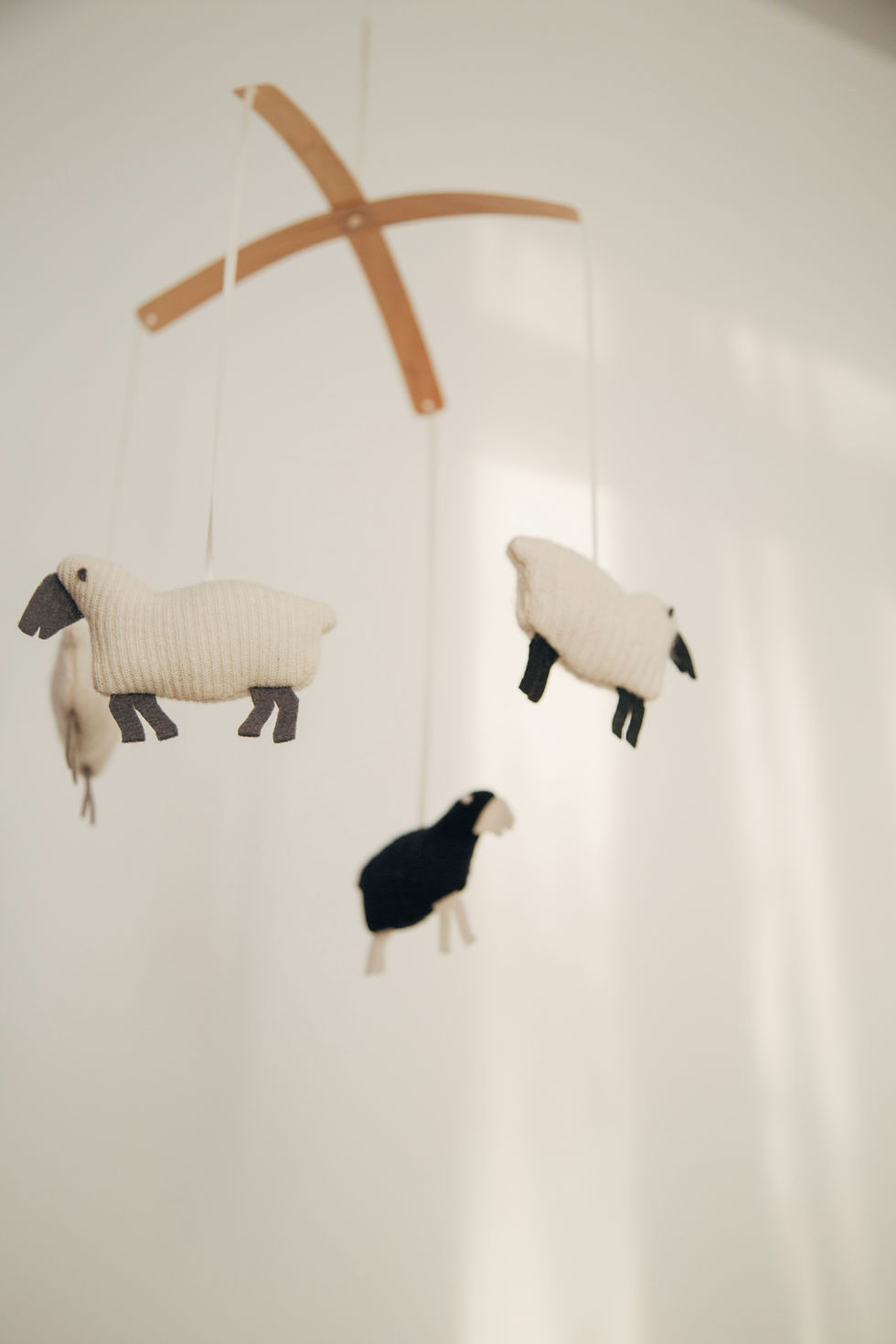The Sticky Task of Becoming: Living with Envy
- reflexivedialogues
- Oct 11
- 4 min read
Updated: Oct 12
Sometimes what unsettles us most about life is not what we lose but what others seem to find. We watch things take shape for them while we remain caught in our own waiting. It’s in those pauses between where we are and where we hope to be that something uncomfortable begins to stir.
I meet this often in the therapy room, a quiet ache that doesn’t have a clear name at first. Only later, with time, does it start to reveal itself.

A lot of what life throws at you is a constant meeting with what you don't have. In our present, this is probably amplified because of social media. However, this doesn’t happen uniformly. Not everyone is touched in the same way by what they see. Envy doesn't knock every time we scroll; it tends to arrive at very particular times in our lives.
In my work as a therapist, I notice this heightened propensity for envy to have a very sticky function. It’s like stepping into tree sap barefoot. You don’t always notice it at first, but soon enough, everything starts clinging to you. Dust, leaves, little bits of the world. Nothing seems to leave you untouched. Envy adheres to our thoughts, sticks to our self-worth, and pulls in stories that don't belong to us and yet somehow feel painfully personal. We’re especially vulnerable to this when we’re in transitional phases of life. Those blurry, in-between times when we know what we want but are not yet sure if or how we’ll get there. Looking for a job. Searching for a partner. Trying to make a dream real. Or, finding a sense of belonging in a group. There's an ache in them, a desperation that comes from wanting to land somewhere stable while still living in the uncertainty.
It’s in those moments that other people’s “haves” shine with a painful brightness, throwing our “have-nots” into sharp relief. It isn't always that we resent others but more that their stability reminds us of our own wobble. Maybe we’re just too tired of waiting for the unknown to resolve the question of “Will we make it?” to have any capacity left to be curious about how someone else made it. Instead, the mind whispers, “If I haven’t, how can they?”
And the answer we quietly fear is: Maybe I’m not enough.

This is how lack becomes internalised, not as a temporary situation, but as a reflection of who we are. As though not yet arriving means never arriving. As though missing something means being something less. It's a cruel kind of self-locating, where the problem is no longer outside of us but stitched into our identity.
This is envy’s protective logic: it seeks to keep the self intact by turning pain outward. There must be something wrong in them so that there is nothing wrong in me. It’s an unconscious plea for equilibrium. If I can find fault in them, I can momentarily escape the sting of my own perceived failure. The demand is often to look outside, to project our lacks onto others, and by no means look within. Because looking within means facing the raw ache of insufficiency, the small griefs of what hasn’t yet arrived. Envy resists that grief. All it asks is that we give up our own ability to stay with our self. To hold it, care for it, and make it feel seen. More importantly, it asks us to avoid feeling sad about the present loss.
In the therapy room, I have found time and time again: that’s the real task.
The task given to us by life, especially in the uncertain, raw, in-between spaces between one milestone and the next, is excruciating. It asks us to witness ourselves while we’re still half-made. It asks us to step into sticky terrain, notice what clings, and walk the unfamiliar, unlit path until something more solid begins to take shape again. To notice what sticks – whose success, whose ease, whose imagined perfection – as a window to deeply know our own selves.
The journey is not linear; it’s slow, uncomfortable, and often humiliating. But it is also the ground of transformation. It asks us to hold ourselves, with all our lacks, extra carefully and tenderly, so we don’t lose our way. Living life with maturity is to let ourselves be bruised by our have-nots, to find some empathy for envy itself, and to not let it be the only companion for our longing. Envy, when held with compassion, can point us toward what we desire most deeply.
In the therapy room, envy is often disguised as irritation, withdrawal, or self-doubt. It rarely announces itself by its name. When it does begin to reveal its shape, it asks for gentleness, not judgement. My task is not to peel it away or reason it out, but to help it find its voice. To make room for the part of the person that says, I want that too, and I’m afraid I never will.
When envy is met, not shamed, the stickiness loosens a little. The energy that once went into attack or self-critique can slowly begin to turn inward, toward curiosity -"What does this longing tell me about where I want to go next? What part of me feels left behind?"
In that way, envy, when held, can become part of the process of becoming.

Comments